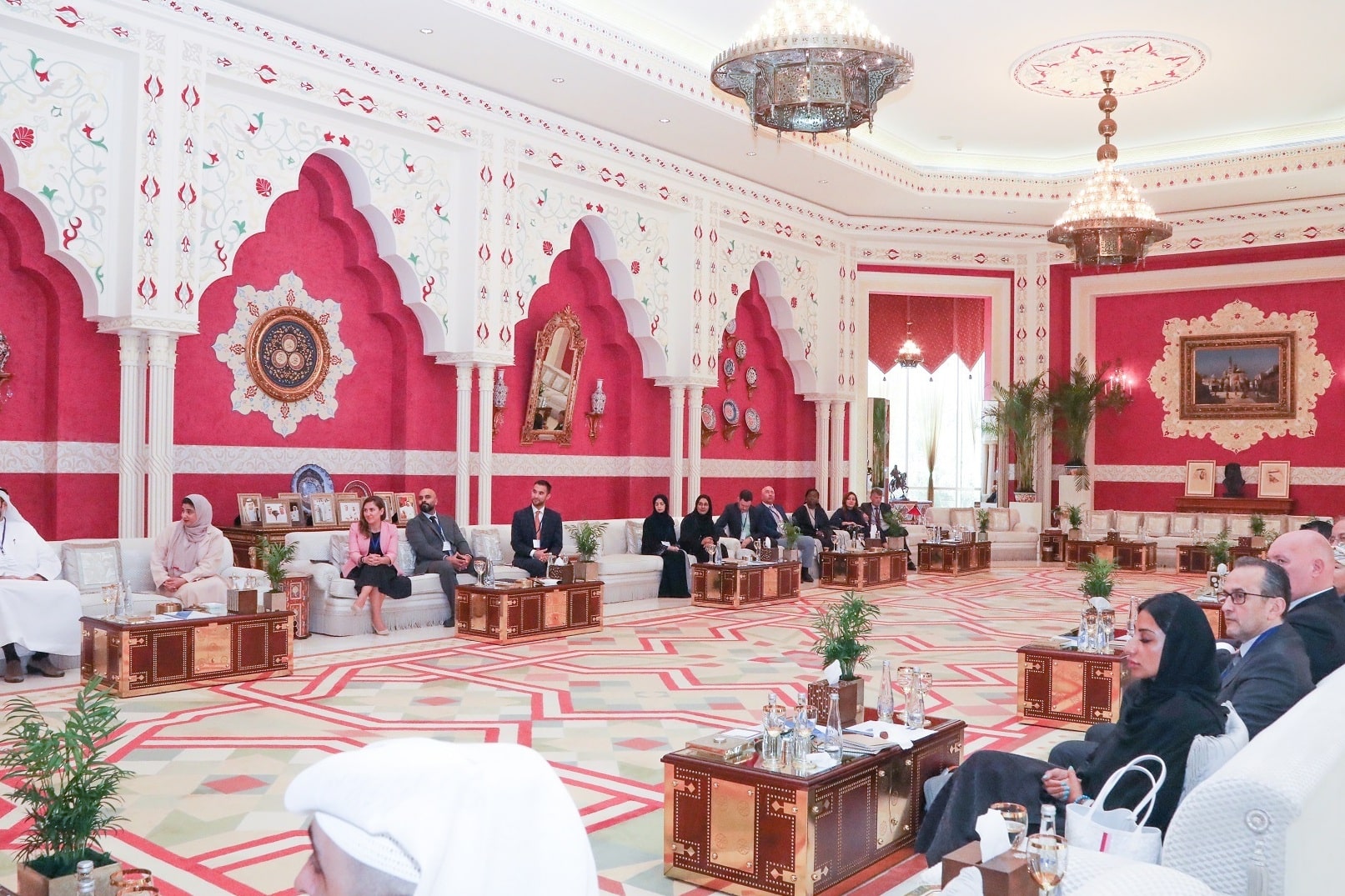The UICCA recently organized its inaugural ‘Policy Hack’ for electric mobility in the UAE.
The UAE Independent Climate Change Accelerators (UICCA), a think tank and accelerator based in Abu Dhabi that promotes the country’s transition to a green economy, recently hosted its inaugural Policy Hack event. The objective of the event was to create an enabling environment for electric mobility in the UAE.
The Policy Hack was conducted in collaboration with Peec Mobility, a homegrown UAE startup that supports the transition from petrol-powered vehicles to electric vehicles. This event marks the beginning of a series of Policy Hack events organized by UICCA.
The hackathon brought together stakeholders from various sectors, including representatives from the public sector such as Essa Abdulrahman Al Hashmi, Assistant Undersecretary for Sustainable Communities Sector and Acting Assistant Undersecretary for Green Development & Climate Change Sector at the Ministry of Climate Change and Environment. Attendees also included delegates from the Ministry of Economy, the Abu Dhabi Department of Municipalities and Transport, the Integrated Transport Centre – Abu Dhabi, National Taxi Dubai, Sharjah Road Transport Authority, and Sharjah Asset Management.
Key players from the private sector, including Careem, Nomad Capital, Howden Insurance, Lloyds Bank, and the EST Lab Energy Center from the University Politecnico di Torino, were also present at the event.
In her opening remarks, Sheikha Shamma bint Sultan bin Khalifa Al Nahyan, President & CEO of UICCA, expressed the organization’s commitment to supporting startups in scaling their businesses. She emphasized the importance of collaboration and dialogue to develop actionable outcomes that would benefit businesses like Peec Mobility.
The Policy Hack provided a platform for participants to discuss and explore ideas related to repurposing existing petrol vehicles as a sustainable alternative to purchasing new electric vehicles. Peec Mobility presented the financial, environmental, and opportunity cost benefits of petrol-to-electric transition technology.
Discussions during the event highlighted several key points, including limitations associated with existing licensing and regulation frameworks for petrol-to-electric vehicle conversions, considerations for insurance providers regarding coverage for converted vehicles, the need to upskill the workforce for electric vehicle maintenance, and the interest in expanding petrol-electric vehicle conversions beyond public transportation.
Zach Faizal, Founder of Peec Mobility, expressed gratitude for the opportunity to participate in the Policy Hack series and commended the UAE’s vision for sustainability. He emphasized the importance of taking immediate and practical actions to shape a sustainable future.
Earlier this year, the UAE government unveiled the Net Zero 2050 Charter, which aligns with the country’s Net Zero 2050 Pathway. The charter focuses on the adoption of electric vehicles in the transport sector. In line with this, the Dubai Road Transport Authority has endorsed a plan to make all taxis in Dubai environmentally friendly (hybrid, electric, and hydrogen-powered) by 2027. In a report by Arthur D. Little, the UAE ranked 8th globally in terms of electric mobility readiness in 2022.
The Policy Hack attracted a diverse range of stakeholders, including representatives from the public sector, private companies, and academia. The presence of esteemed individuals such as Essa Abdulrahman Al Hashmi from the Ministry of Climate Change and Environment underscored the government’s commitment to driving sustainable practices and transitioning to electric mobility.
With the participation of leading organizations like Careem, Nomad Capital, Howden Insurance, Lloyds Bank, and the EST Lab Energy Center, the Policy Hack fostered fruitful discussions on key aspects of electric mobility. Participants explored topics such as the repurposing of existing petrol vehicles, regulatory frameworks, insurance considerations, workforce upskilling, and the potential for expanding conversions beyond public transportation.
The Policy Hack organized by UICCA serves as a platform for collaboration and innovation, bringing together stakeholders to drive the transition to electric mobility in the UAE. The event contributes to the country’s sustainability goals and supports its commitment to a greener and more sustainable future.





